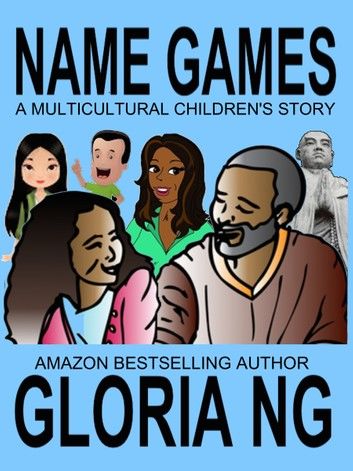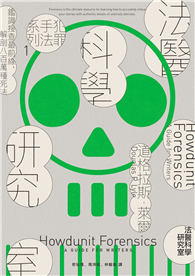Olátòrò, a Nigerian American nine-year-old girl, comes to terms with her Yorùbá name after facing a name-calling incident in her school, a diverse educational setting in America. Self-consciousness turns to new appreciation for herself, her name, and her peers with the help of a feisty friend, a compassionate teacher, and her encouraging father.
This ebook is expanded and adapted from a story first published in SKIPPING STONES, an award-winning international multicultural literary magazine. The appendix includes a Name Appreciation Day activity that Educators, Parents/Guardians, and other Adult Caregivers can reference and help facilitate.
On promotional days, this book has made the Amazon bestselling lists in the following categories:
#2 in Friendship, Social Skills and School Life > Self-Esteem and Self-Respect
#4 in Friendship, Social Skills and School Life > Bullies
#9 in Friendship, Social Skills and School Life > Self-Esteem and Self-Confidence
Reviews:
"What a beautiful creation! ... All reviewers (4 of them) thought it was an EXCELLENT piece." - Arun N. Toké, Editor of Skipping Stones Magazine
"Clear, exciting, educational, and builds suspense well." - Ana Maria Rodriguez, Author of The Iron Butterfly: Memoir of a Martial Arts Master. The True Story of a Mermaid's Daughter
BEHIND THE SCENES of NAME GAMES: A MULTICULTURAL CHILDREN'S STORY with Author Gloria Ng
Q: What inspired you to write this story?
A: To be completely honest, I wanted to see such a story exist and no one else was there to write it. So I wrote it. You see, most of the multicultural children's literature out there are primarily about a minority culture facing the dominant or mainstream culture. Although these stories are vital and still have their place with successive influx of new immigrants, we are now confronting multiple intersections of cultures in an increasingly globalized world that goes beyond minority-mainstream constructs. So from that standpoint, I wrote NAME GAMES.
Q: Can you tell us more about what kinds of cultures that are present in NAME GAMES?
A: Well, the main protagonist is a Nigerian American female in third grade. Her best friend, whose last name is close to hers in spelling, has shared her table assignments for several grades and happens to be a Chinese American female. The new boy in class is from El Salvador and is trying to fit in as the new boy by impressing his fellow Spanish-speaking male classmates by putting the attention elsewhere. So these three worlds -- African, Asian, and Latino -- collide in NAME GAMES.
Q: Just curious, since I know others may be curious as well... How do you approach writing about race?
A: I approached NAME GAMES from several angles, fleshing out each character as necessary, based upon quirks I've known of people I've met and people I've imagined. At the common core of being human is our humanity. So even though every story must have an antagonist, I didn't demonize the antagonist in this story. When we suffer violence, it's too easy for us to instantly make the perpetrator wrong and put that person into this box that is hard for them to be anything else. So, in this story, I approached it with compassion, because at its essence every form of violence involves people who feel powerless -- both on the perpetrator's side as well as on the victim's side. So you'll have to read the story to find out how I've approached writing about race. :-)












